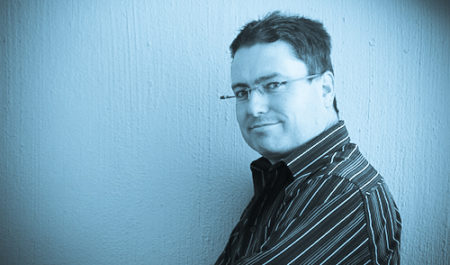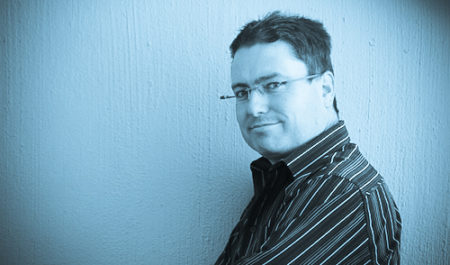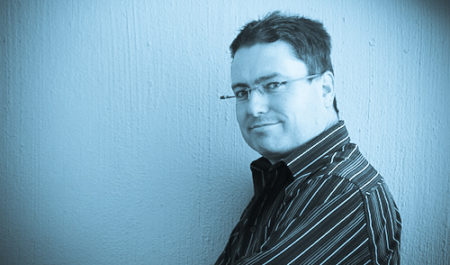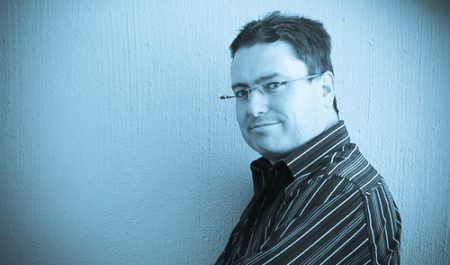There was an air of despondency at Telkom’s interim financial results presentation this week. But after several strategic missteps, the group is finally promising to get its house in order. It had better move quickly: rivals are gaining fast.
Browsing: Duncan McLeod
New communications minister Roy Padayachie brings talent and fresh vigour to a portfolio long in need of both. But his desire to hang on to government control over Telkom makes little sense.
State-owned Broadband Infraco, created by government to bring down national telecommunications costs, is finally launching commercial services next week. But the company’s mandate has already
President Jacob Zuma dropped a bombshell on SA’s communications technology industry on Sunday when he sacked his controversial communications minister, Siphiwe Nyanda. In Roy Padayachie, the sector finally has the minister it wanted all along.
Triple-play services, consisting of television, telephony and broadband Internet access, delivered over the same physical cable infrastructure, are not something one typically associates with African telecommunications. Now, however, a Kenyan company, Wananchi, is planning to bring fibre connectivity to hundreds of thousands of homes in East Africa, in the process remaking how a continent thinks about what can be done with high-speed connectivity.
When Apple announced the iPad tablet computer earlier this year, some analysts wondered if that spelt the end for Amazon.com’s Kindle e-reader. On the contrary, the next-generation Kindle is flying out of Amazon’s warehouses.
Telkom has revealed the first phase of its strategy to take on the incumbents in the mobile sector. With 8ta, Telkom has slashed the cost of mobile-to-landline calls and cut out-of-bundle data rates in half. Now what?
State-owned Sentech is reviving plans to build a national broadband network. It wants a second chance and is promising to do things differently this time. However, as much as Sentech’s heart is in the right place, government must not allow it.
Wondering what all the Heita branding is about? It’s all pointing to a teaser campaign by Telkom ahead of the launch of its mobile network next week. But can the fixed-line operator really take on the cellphone incumbents at their own game?
In the past month, news has emerged of plans to build yet more high-capacity undersea cables to wire up Africa. With the continent about to be awash in bandwidth, attention needs to shift to bringing broadband to consumers.










